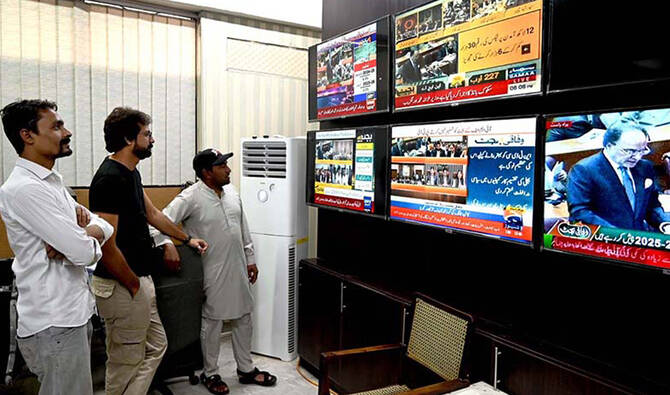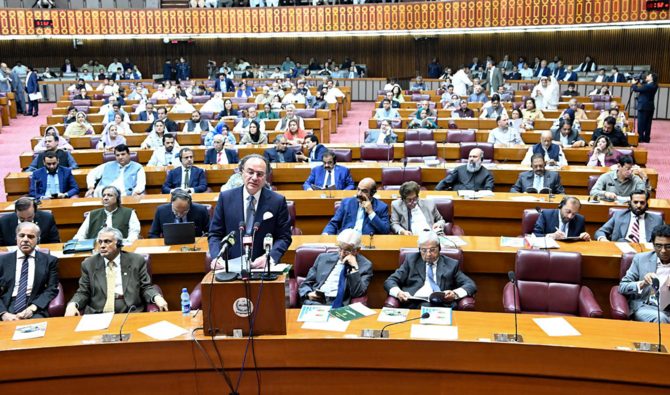KARACHI: The head of United States Central Command (CENTCOM), General Michael Kurilla, this week praised Pakistan as a ŌĆ£phenomenal partnerŌĆØ in counterterrorism efforts, citing continued operations against militant groups and active intelligence-sharing between the two countries.
Pakistan and the United States have a long, if at times turbulent, history of counterterrorism cooperation dating back to the aftermath of the September 11, 2001, attacks. Islamabad was a key partner during the US-led war in Afghanistan, and over the years has captured and handed over numerous Al-Qaeda operatives to US authorities.
In a more recent high-profile case, Pakistani officials last year arrested and extradited a Daesh militant accused of planning the 2021 Abbey Gate bombing in Kabul, which killed 13 American service members and more than 160 Afghan civilians during the US military withdrawal.
ŌĆ£TheyŌĆÖre in an active counter-terrorism fight right now and they have been a phenomenal partner in the counter-terrorism world,ŌĆØ Kurilla said during a testimony before the House Armed Services Committee in Washington on Tuesday.
Kurilla pointed to recent Pakistani operations targeting Daesh (ISIS-Khorasan), particularly in the tribal areas bordering Afghanistan.
ŌĆ£Through a phenomenal partnership with Pakistan, they have gone after Daesh Khorasan (Daesh) killing dozens of them through a relationship we have with them providing intelligence. They have captured at least five Daesh Khorasan (Daesh) high value individuals,ŌĆØ he said.
ŌĆ£So, we are seeing Pakistan with limited intelligence that provided them go after them using their means to do that and weŌĆÖre seeing an effect on Daesh (Daesh).ŌĆØ
Kurtis added that both Pakistan and the Afghan Taliban were conducting parallel operations against Daesh along the border.
Kurilla also noted the close personal coordination between military leaders, recalling that PakistanŌĆÖs army chief had informed him directly of a major capture.
ŌĆ£Field Marshal Asim Munir called me to tell me they had captured one of the Daesh-K individuals,ŌĆØ he said.
While Pak-Us relations have often been strained by mutual mistrust ŌĆö particularly over drone strikes, militant sanctuaries, and geopolitical alignment ŌĆö security cooperation between the two militaries has persisted, especially in the intelligence domain.
Pakistan and the United States reaffirmed their commitment to counterterrorism cooperation during a bilateral dialogue held in Washington in May. The talks focused on threats from groups such as the Tehreek-e-Taliban Pakistan (TTP) and Daesh, both of which remain active in the region.
Another round of counterterrorism talks is scheduled to take place later this month between Islamabad and Washington as part of broader efforts to rebuild ties and coordinate on shared security priorities.
US officials have increasingly acknowledged PakistanŌĆÖs role in containing regional terrorist threats, even as Islamabad faces internal challenges from a resurgent TTP and growing political and economic instability.
╠²






















